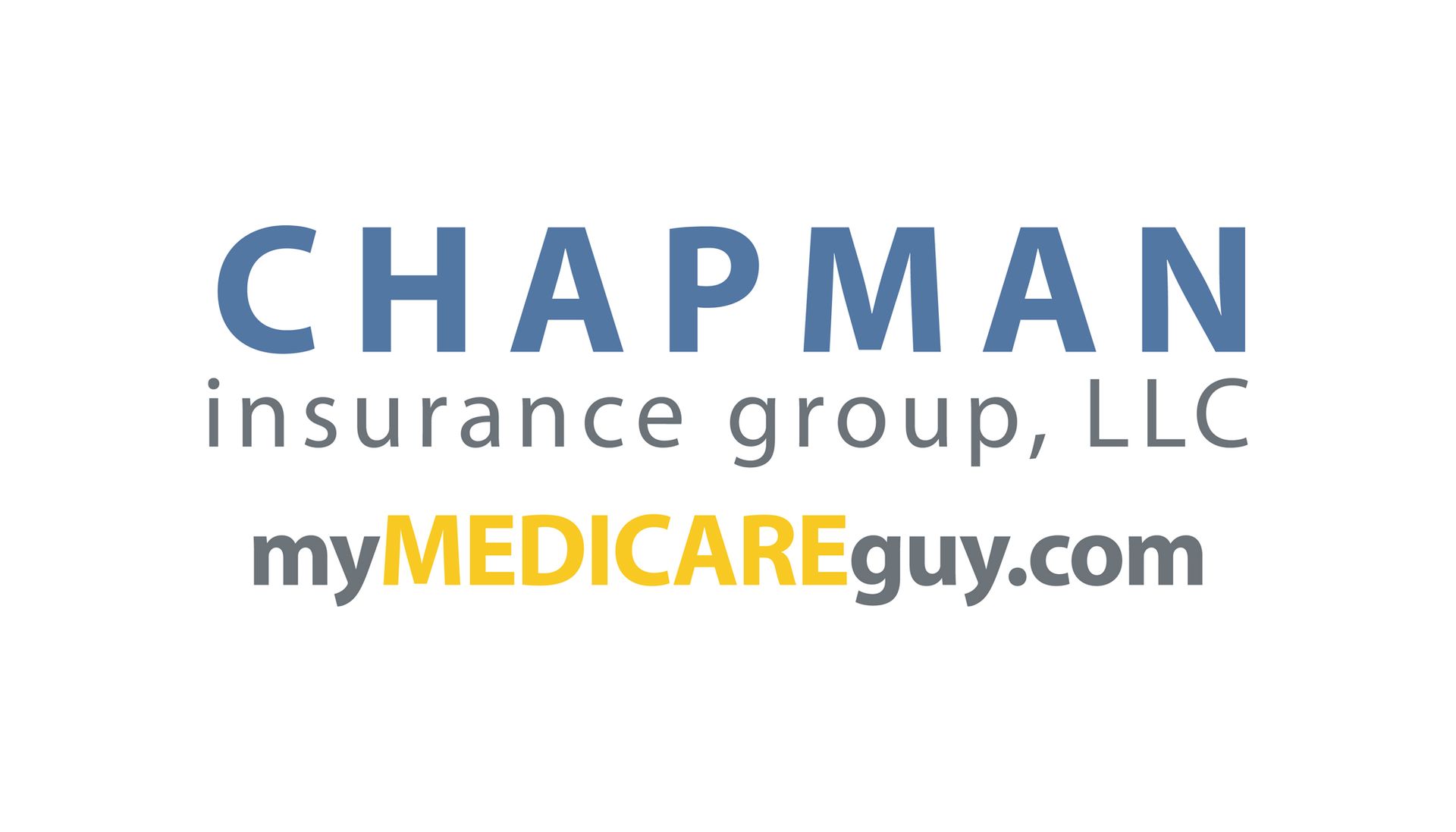Frequently Asked Questions
What is Original Medicare?
Original Medicare refers to the two-part system created under the Medicare program: Part A (hospital insurance) and Part B (medical insurance). It was established in 1965 as a federally funded, single-payer system to cover individuals turning 65, funded primarily through payroll taxes.
In 1972, Medicare was expanded to include people under 65 with disabilities after receiving Social Security Disability Income (SSDI) for 24 months.
Original Medicare helps pay for many healthcare services, including hospital stays, doctor visits, preventive care, skilled nursing facility care, home health services, and hospice. It remains the foundation of most Medicare coverage today.
Learn more about Medicare's history
Does Original Medicare cover everything?
No—Original Medicare doesn’t cover all healthcare costs or services. While it helps with hospital stays, doctor visits, and more, you’re still responsible for deductibles, coinsurance, and copays—and there’s no out-of-pocket maximum (MOOP) to cap your spending.
There are also limitations on what Medicare will cover. For example, personal blood pressure cuffs and maintenance supplies for CPAP machines are not covered. Coverage is evolving, though—Medicare now includes services like continuous glucose monitors (CGMs) for people with Type 1 diabetes, which weren’t covered just a few years ago.
Understanding what’s covered under each part of Medicare—and what’s not—can help you avoid costly surprises.
What is Medicare Part A?
Medicare Part A is hospital insurance. It helps cover inpatient care when you’re formally admitted to a hospital, as well as skilled nursing care, hospice, and some home health services. Most people pay no monthly premium for Part A, but there are deductibles and daily copays if your stay lasts longer than 60 days.
What is Medicare Part B?
Medicare Part B is medical insurance. It covers outpatient services like doctor visits, lab tests, preventive care, and outpatient surgeries. Most people pay a standard monthly premium. After meeting a small annual deductible, Medicare pays 80% of approved costs, and you pay the remaining 20%.
What is Medicare Part C?
Medicare Part C, also called Medicare Advantage, is a private plan that replaces Original Medicare (Parts A and B). Most include drug coverage and extra benefits like dental, vision, or hearing. These plans are network-based and typically have copays, but also offer a yearly out-of-pocket limit for medical costs.
What is Medicare Part D?
Medicare Part D is your prescription drug coverage. It can be added to Original Medicare or Medigap, or it may be included in a Medicare Advantage plan. Each plan has its own list of covered drugs (a formulary), and what you pay depends on your medications and which pharmacy you use.
How do I sign up for Medicare?
If you’re already receiving Social Security, you’ll be automatically enrolled. Otherwise, you can apply online at Medicare.gov, over the phone, or by calling Social Security at 1-800-772-1213. If you delayed Medicare because you had employer coverage, you’ll need to show proof of coverage when you apply later.
Chapman Insurance Group provides professional support with Original Medicare enrollment to ensure everything is completed correctly and on time. Call me at865-816-9995to get started.
How do I pay for Medicare Part B?
If you’re on Social Security, your Part B premium is automatically deducted from your monthly benefit. If not, you’ll receive a bill from Medicare each quarter—or you can sign up for automatic bank withdrawals (EFT).
Why is my Medicare Part B premium higher?
If your income is above a certain amount, you may pay more for Part B due to IRMAA—the Income-Related Monthly Adjustment Amount. Medicare looks at your tax return from two years ago to determine this. If your income has recently changed due to retirement or another life event, you may be eligible to appeal.
Do I need to enroll in Medicare if I have employer coverage?
It depends. If you or your spouse are actively working and covered by an employer plan, you may be able to delay Medicare without penalty. But COBRA, retiree coverage, and VA benefits usually don’t count as creditable coverage for Medicare Part B or Part D. It’s important to review your options to avoid late penalties.
Can I get help comparing plans?
Yes! That’s exactly what I do. I compare Medicare Advantage, Medigap, and Part D plans from multiple carriers to help you find the best coverage for your needs and budget. My service is always free to you—there’s no pressure and no added cost.
Start with a Conversation. We’ll Handle the Rest
Choosing a Medicare plan can be confusing. That’s why we focus on simplifying the process. Whether you're enrolling for the first time or just have a few questions, I’m here to help.
Schedule a time that works for you or reach out directly.
